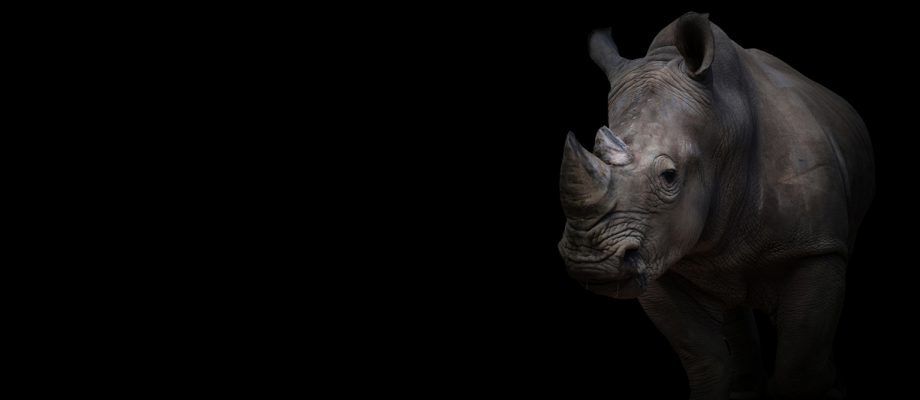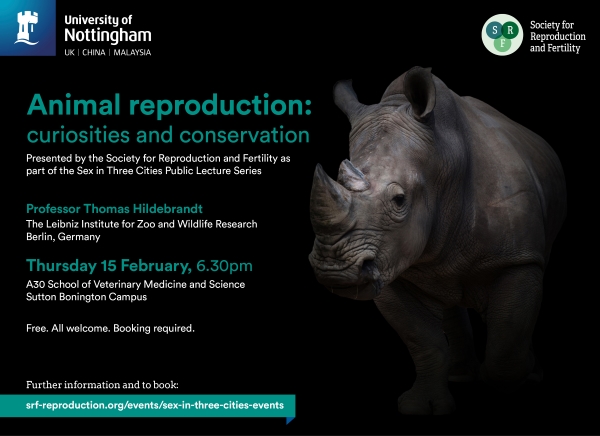Animal reproduction: curiosities and conservation

A lecture by Professor Thomas Hildebrandt (the Leibniz Institute for Zoo and Wildlife Research, Berlin, Germany).
Presented by the Society for Reproduction and Fertility as part of the Sex in Three Cities Public Lecture Series.
Progressive habitat destruction and fragmentation is causing an accelerated loss of planetary biodiversity. A key mission of the international zoo community is to counteract this by using successful captive breeding programs of endangered species and their reintroduction into the depopulated natural habitat.
This presentation will discuss the incorporation of novel assisted reproduction technologies (ART) into classical captive breeding programs. The principal remit of captive breeding programs is to preserve the maximum gene pool of the target species. Traditionally, this required the exchange of potential breeding partners between zoological institutions. However, animal transportation poses several risks including (i) high risk of disease transmission, (ii) stress-induced infertility or partner incompatibility and (iii) high financial and logistic efforts. Thus, the utilization of ART could serve as a real alternative to eliminate these problems.
An additional challenge exists when dealing with critically endangered species or populations (e.g. the northern white rhino or the Bornean subspecies of the Sumatran rhino). In this situation, the effective founder population is already too small for successful species recovery programs. Therefore, the incorporation of new genetic technologies and the future production of artificial gametes using stem cell technologies will be required for saving such species.
As part of this lecture, I will present our exciting new discoveries such as the generation of naive and primed iPSC-like cells from a deceased northern white rhino. Extraordinarily, it was possible to differentiate these cells into primordial germ cells (PGC) expressing typical PGC marker genes. Through the use of gene-editing technology, it was possible to further optimize the primordial germ cell differentiation protocol. These achievements provide the crucial basis for the production of artificial oocytes and sperm cells from non-germ cells. This will open up a totally new dimension in animal conservation and will strengthen the application of ART in wildlife.
The final part of the lecture will present some of the more unusual reproductive strategies and curiosities in the animal kingdom. The basic processes behind many of these surprising adaptations are not fully understood. These traits demonstrate the amazing information we have yet to learn from many creatures written in the “Library of Evolution” and we may never do so prior to their extinction.
This event is free. All are welcome.
Booking is required. For more information and to book your attendance, visit the Sex in Three Cities Public Lecture Series website.
Tags: Animal reproduction, conservation, Leibniz Institute for Zoo and Wildlife Research, Professor Thomas Hildebrandt, Sex in Three Cities, Society for Reproduction and Fertility
Leave a Reply
Upcoming Events


